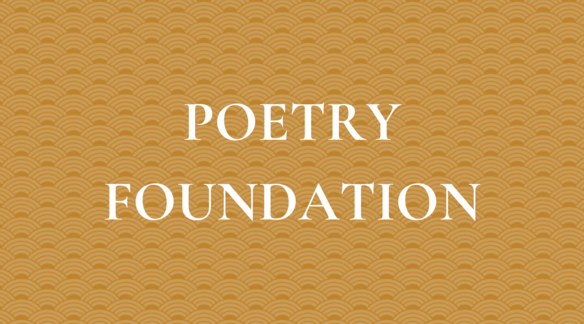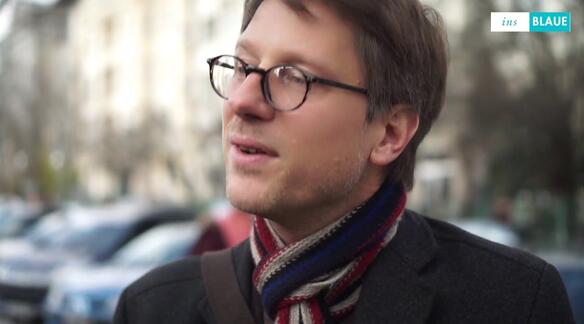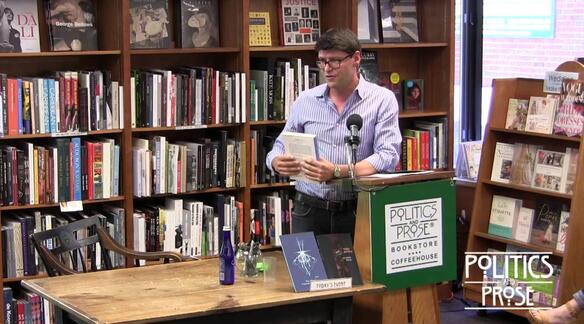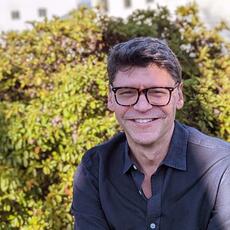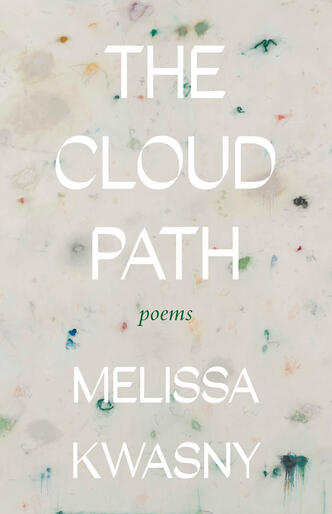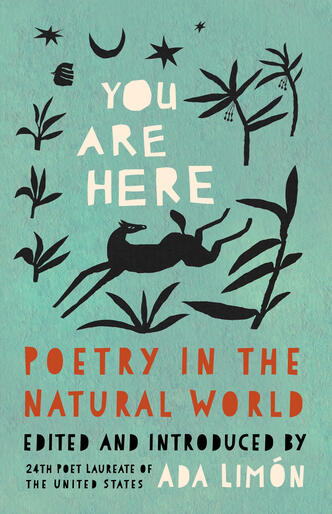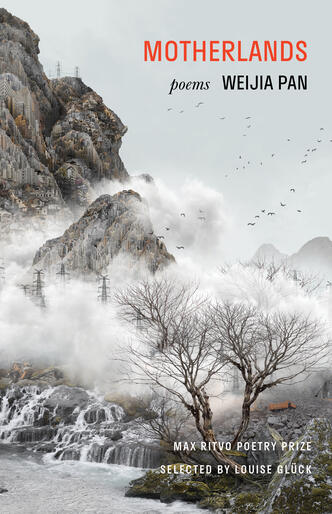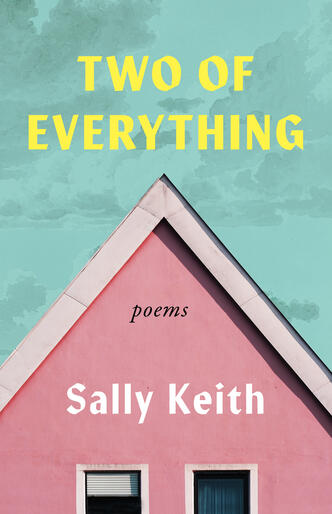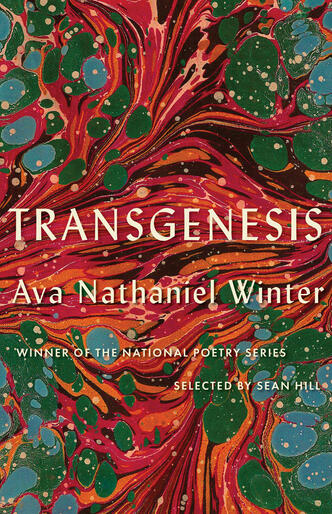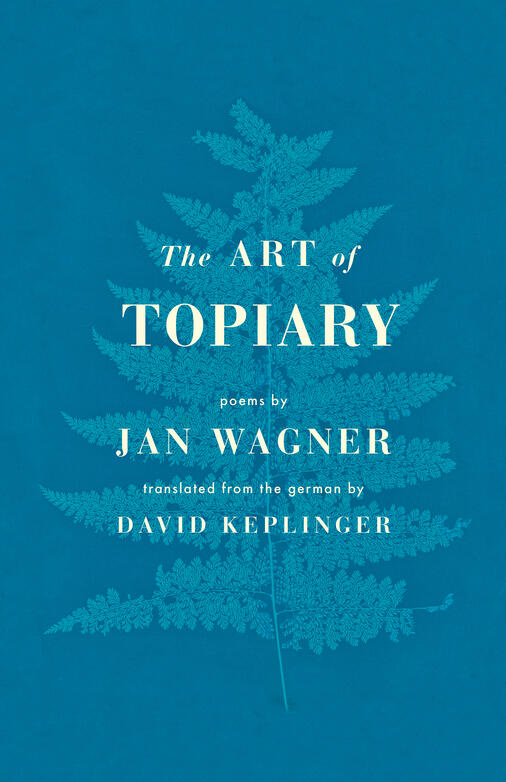
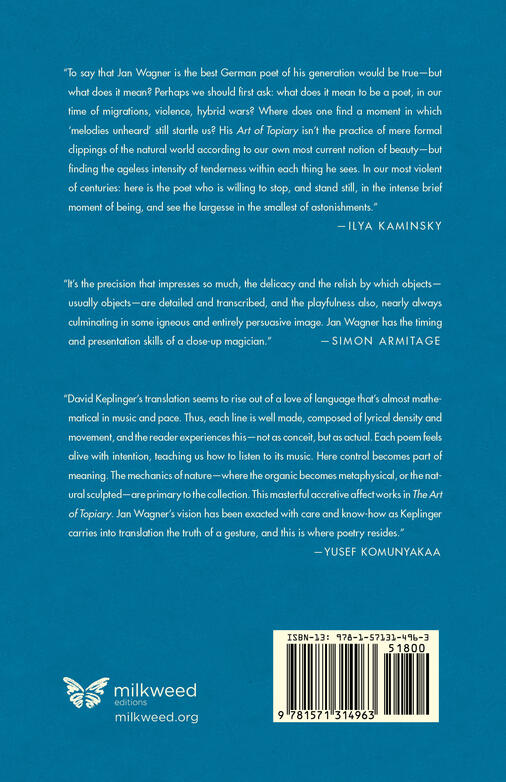
The Art of Topiary
A dual-language collection of vivid, tightly knit poems from one of the most important contemporary poets writing in German.
The Art of Topiary is the gorgeous product of a long collaboration between Jan Wagner and American poet David Keplinger. With the care of master gardeners tending their plants, Wagner and Keplinger have shaped Wagner’s originals—acclaimed internationally, now in English for the first time—into precise, delightful, and highly modern translations.
Along the way, the collection unfolds dialogues between discipline and freedom, sound and sense, faithfulness and improvisation. In these poems, formal structures are a corset loosened by each line of verse, a garden always pleasurably at risk of being overrun. Yet for all Wagner’s wit and sharp poetic detail, The Art of Topiary is written with an intimate earnest: a swarm of gnats take on an urgent mystery as they hum in code around the speaker’s ears, a bird atop a rhino’s leathery back becomes a fragile porcelain cup, and the antlers of an elk reach for the air like a champion for a trophy.
Compact, lightfooted, and curious, The Art of Topiary is the exciting American debut of a stunning and joyful voice in global literature.
